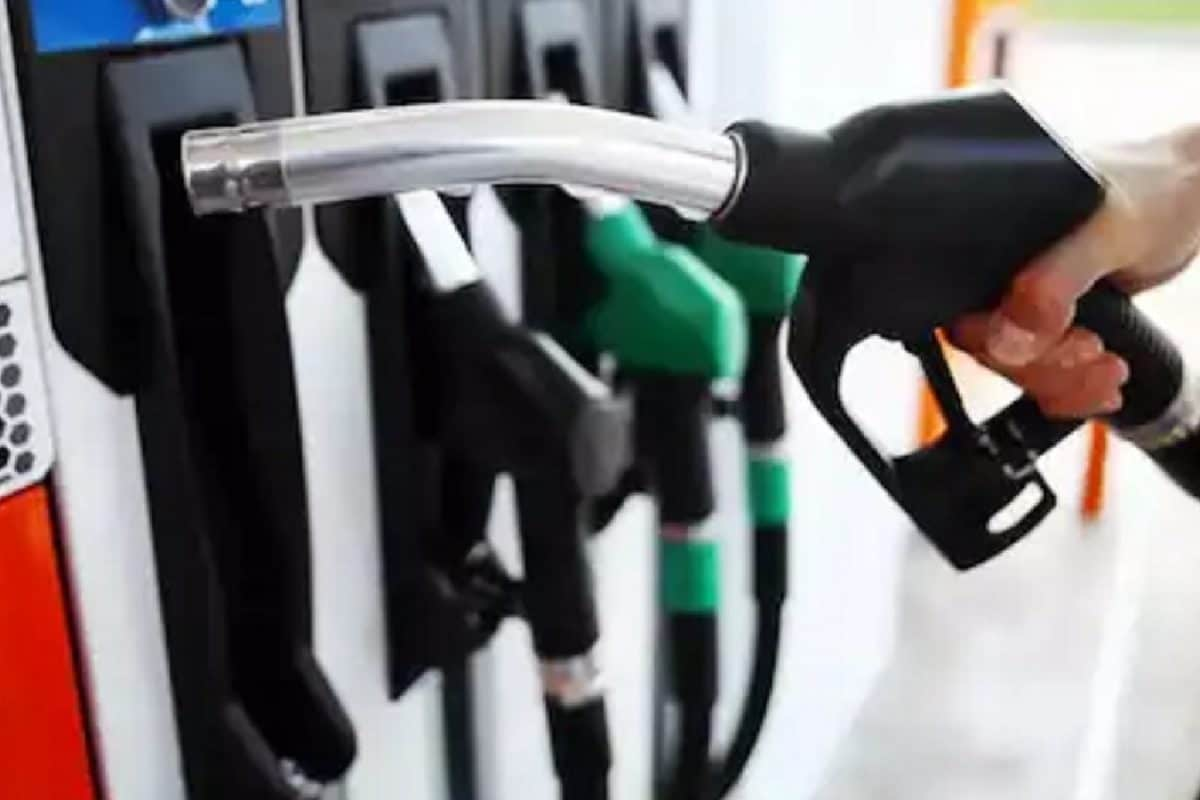As of June 28, 2025, petrol and diesel prices in India remain subject to daily fluctuations influenced by a complex interplay of international crude oil prices, the rupee-to-dollar exchange rate, and domestic taxation policies. These prices are revised daily at 6:00 AM, a practice known as dynamic fuel pricing, which was introduced in June 2017 to enhance transparency and curb speculation.
Current Prices in Major Cities
Here's a snapshot of today's petrol and diesel prices in some of India's major cities:
- New Delhi: Petrol is priced at ₹94.72 per litre and diesel at ₹87.67 per litre.
- Mumbai: Petrol costs ₹103.50 per litre, while diesel is available at ₹90.03 per litre.
- Chennai: Petrol is retailing at ₹100.80 per litre, and diesel at ₹92.39 per litre.
- Kolkata: Petrol is priced at ₹105.41 per litre.
It's important to note that these prices include state taxes, which contribute to variations across different regions.
State-Wise Variations
Fuel prices vary significantly from state to state due to factors such as varying tax regulations, transportation costs, and political considerations. For instance, Andhra Pradesh currently has the highest petrol price in India at ₹109.64 per litre, while Andaman & Nicobar Islands offer the lowest at ₹82.46 per litre.
Factors Influencing Fuel Prices
Several factors contribute to the prices consumers see at the pump:
- Crude Oil Prices: The global price of crude oil is the most significant determinant, accounting for a substantial portion of the final cost of petrol and diesel. These prices are influenced by global demand, geopolitical situations in oil-producing countries, and decisions by organizations like OPEC.
- Exchange Rate: Since crude oil is traded in US dollars, the exchange rate between the Indian Rupee and the dollar plays a crucial role.
- Taxes and Duties: Both the central and state governments levy taxes on petrol and diesel, including excise duty, value-added tax (VAT), and other cesses. These taxes can significantly impact the final price.
- Refining and Distribution Costs: The costs associated with refining crude oil and transporting fuel to gas stations also contribute to the pump price.
- Supply and Demand: The basic principle of supply and demand also affects fuel prices. Increased demand during peak seasons or due to economic growth can lead to higher prices.
- Geopolitical Factors: Global events and geopolitical tensions, such as conflicts or trade disputes, can disrupt the oil supply chain and cause price fluctuations.
Impact of Fuel Prices
Fuel prices have a wide-ranging impact on the economy and environment:
- Economy: Fuel is a critical input for various industries, including transportation, manufacturing, and agriculture. Fluctuations in fuel prices can affect the cost of goods and services, impacting overall economic activity.
- Consumer Behavior: Changes in fuel prices can influence consumer spending patterns and demand for fuel.
- Environment: The burning of fossil fuels releases greenhouse gases, contributing to climate change. High fuel prices can incentivize the development and adoption of alternative, more sustainable energy sources.
Regional Price Differences
Even within a state, fuel prices can vary due to local taxes, transportation costs, and other factors. For example, in Tamil Nadu, the diesel price in Chennai is ₹92.39 per litre, while in Nilgiris, it is ₹94.45 per litre. Similarly, diesel is being traded across Gujarat at an average price of Rs 90.69.
Understanding the dynamics of petrol and diesel pricing is essential for consumers and businesses alike. By staying informed about the factors that influence fuel prices, individuals can make informed decisions about their fuel consumption and manage their expenses effectively.

